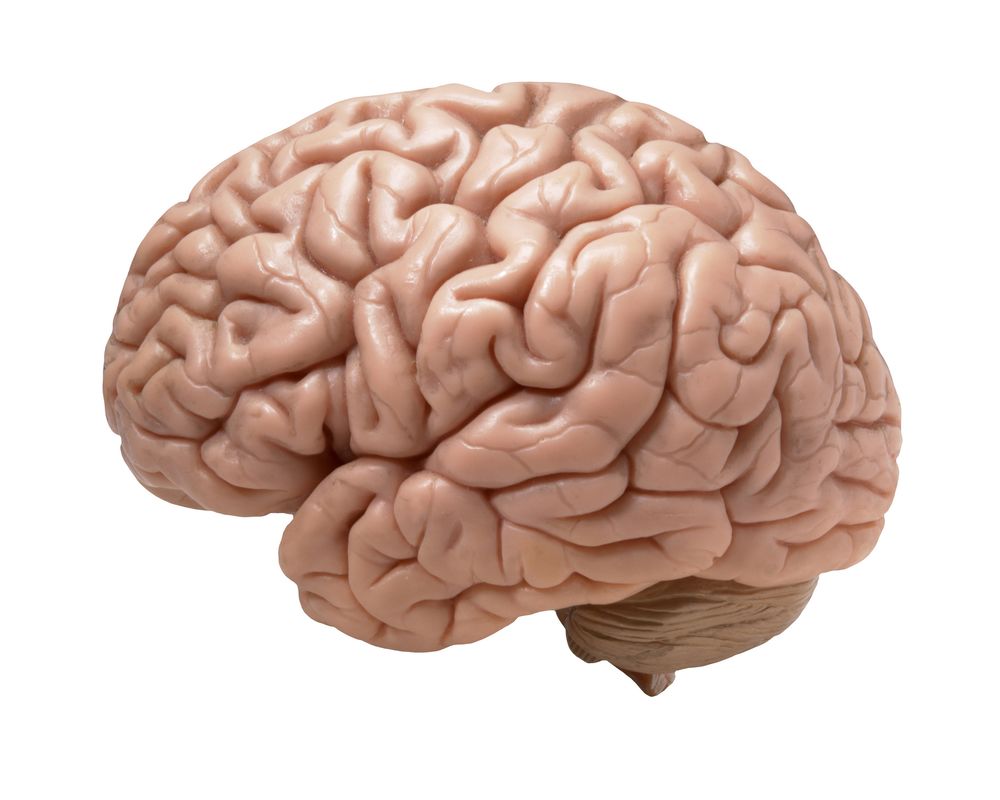Depending on the severity of the damage, recovering from a brain injury can be a long, slow process. While there is never any guarantee over exactly how long it will take to recover, or how much of a recovery one can expect to make, the following is intended to provide an overview of roughly what to expect at different stages of the rehabilitation process and an idea of how long brain injury rehabilitation may take.
A timeline of brain injury rehabilitation
Immediately after the injury
In the hours, days and week following a brain injury, various types of treatment may take place, including brain surgery to deal with any damage and relieve build up of fluid on the brain. The patient is also likely to spend time in intensive care before being moved to a standard ward. Basic physiotherapy and other types of rehabilitation care may also begin in this period.
At this stage it will be very hard to make meaningful predictions about the long-term prospects of the patient, including how long their recovery will take and what lasting effects the injury may have.
First 2 months
During this period the main focus will typically be on physiotherapy, cognitive therapy and other treatments to assess the extent of the brain injury’s effect on patient’s physical and mental abilities and begin the rehabilitation process.
While the extent of the immediate impact on the patient will start to become clearer during this time, it will still be very difficult to make meaningful long-term predictions about the likely outcome.
After 6 months
At this point, the focus is likely to be increasingly on occupational therapy and in-home care, helping patients to adjust to living independently and dealing with specific challenges. Some degree of physical therapy and cognitive therapy may be continuing, depending on the circumstances.
Doctors should have a much clearer idea of that the long-term prospects are for the patient by 6 months, including how much of a recovery they are likely to make and how long this may take.
After 2 years
Typically with brain injury rehabilitation, the most significant improvements will be seen within the first 2 years after the brain injury occurs, meaning by this point any lasting impact should be clear. However, many patients continue to experience improvements for the rest of their lives, so it is important to bear this in mind.
Making sure you get the support you need for your brain injury rehabilitation
To ensure you get the best results from brain injury rehabilitation, it is important to ensure you can access all of the help and support you need. While much of the medical care you need nay be provided by the NHS, other types of care may need to be funded privately, or it may be more expedient or convenient to do so. There are also various costs, such as for buying specialist equipment and paying for adaptations to your home or car that you may need to fund yourself.
Making a brain injury compensation claim is often necessary to find the money to pay for these things and give yourself the best care and quality of life. IBB Claims are specialists in brain injury claims and can advise you on whether you claim may be worth pursuing and how much compensation you may be able to secure. That way, you can make an informed choice about how to proceed and get all the help you need for pursuing a claim.
